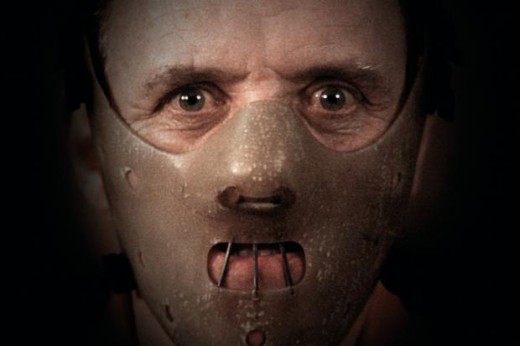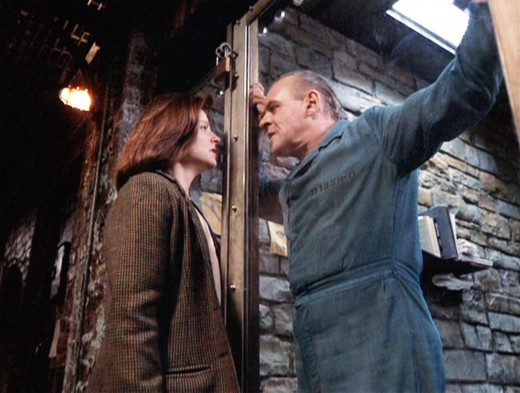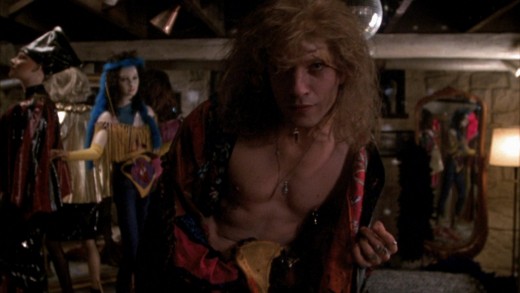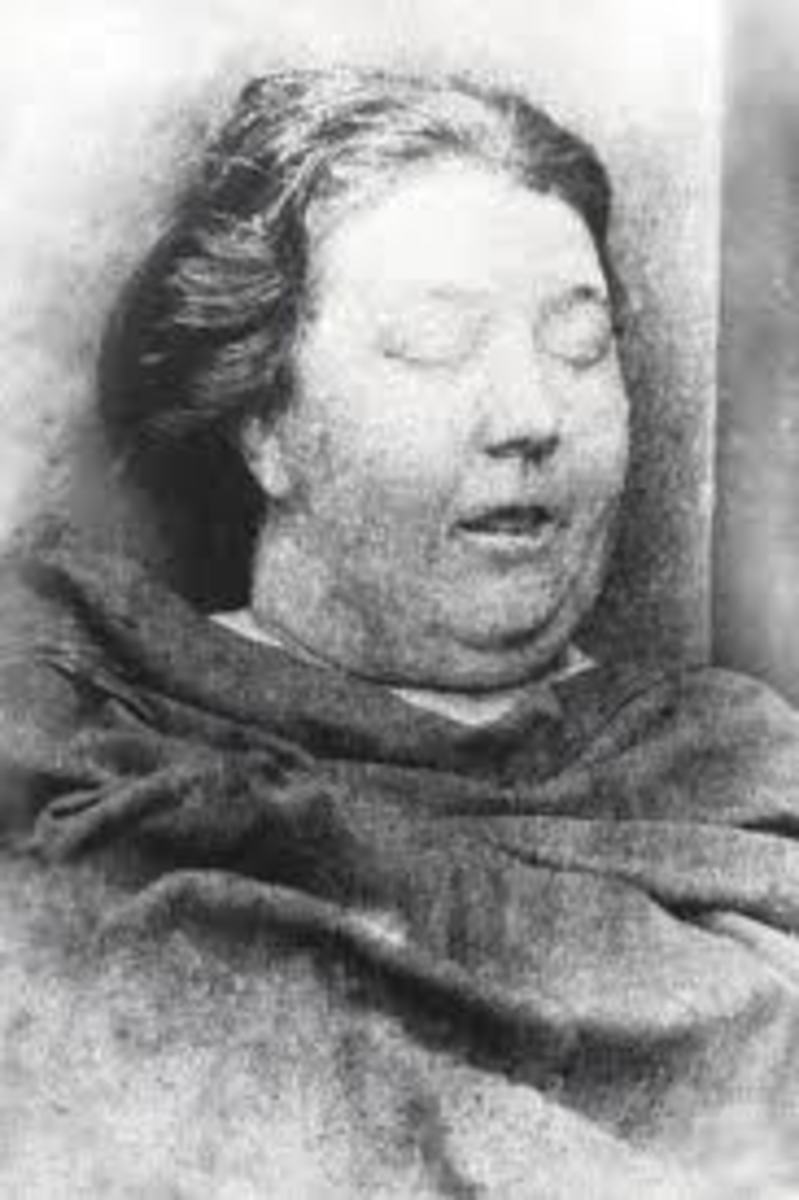Hannibals and Cannibals: The Refinement of the Serial Killer

It wouldn’t be Halloween without murder, so let’s talk about everybody’s favorite psychopath. And no, I don’t mean the people who run Wal-Mart. (Seriously, though, have you seen their ridiculously cheap nail polish?) I’m talking about Dr. Hannibal Lecter from Thomas Harris’ novel, The Silence of the Lambs.
Can you hear them, Clarice?
When you think of serial killers, don’t you just automatically envision Anthony Hopkins saying “Clarice” in that soft and sinister drawl? Hopkins did something utterly timeless with that character, crystallizing on the big screen a very particular breed of killer: the sophisticated murderer with high societal tastes, a man who will crush your throat and then retreat afterwards into the dining hall for a fine glass of wine.
Harris doesn't just reinvent your typical killer, though; this novel does a great job of showing us a variety of serial killers, and by successfully displaying that the more terrifying killer is the one who can perform murder with a cool head and a pleasant smile.


The only way to crash a dinner party.
Bill and Hannibal: Besties in crime
The killer known as “Buffalo Bill" is actually the main culprit in this novel, and he's the reason we meet Lecter in the first place. Who is he, exactly? Oh, just your average creepy, wanabe transsexual with identity issues and the mental capabilities of a mentally retarded teenage boy.
His child-like simplicity is hardly charming, though. You can’t rationalize with him, you can’t talk to him, and you can’t plead with him; in fact, he doesn’t even think of his victims as human. He periodically refers to them as “it.”
This maturity stagnation serves to make Hannibal stand out all the more, for the doctor is the exact opposite. He is terrifyingly smart, cool-headed, and rational, and due to his education, he also understands human nature extraordinarily well. Trying to outwit him is like trying to outsmart an animal that is not only stronger and quicker, but ten times cleverer.
Lecter's mystery is also what makes him so frightening. We are given bits and pieces of Bill’s history through Lecter’s analysis, but we are never told anything about the doctor in particular. We don’t know what motivates him or why he chooses one victim over the other. We can perceive no pattern in his killings. We have no idea why he does what he does--other than the fact that he just seems to enjoy it.

The birth of an obsession
But in the end, let's just admit it: what's even more disturbing than Lecter’s psyche is our fascination with him. There's a reason why Harris continues to serve us sequels and Hollywood continues to pump out new films with reckless abandon. It's because we eat it all up like fat kids in a donut shop. We simply can’t get away from this “sophisticated” man with the drawling tones and oily smile—and we don’t want to.
We're repulsed yet drawn to such charming, level-headed corruption. There’s something in us that wants to detangle the puzzle of Hannibal Lecter, and the fact that he continually holds us at arm’s length is what keeps us coming back.








